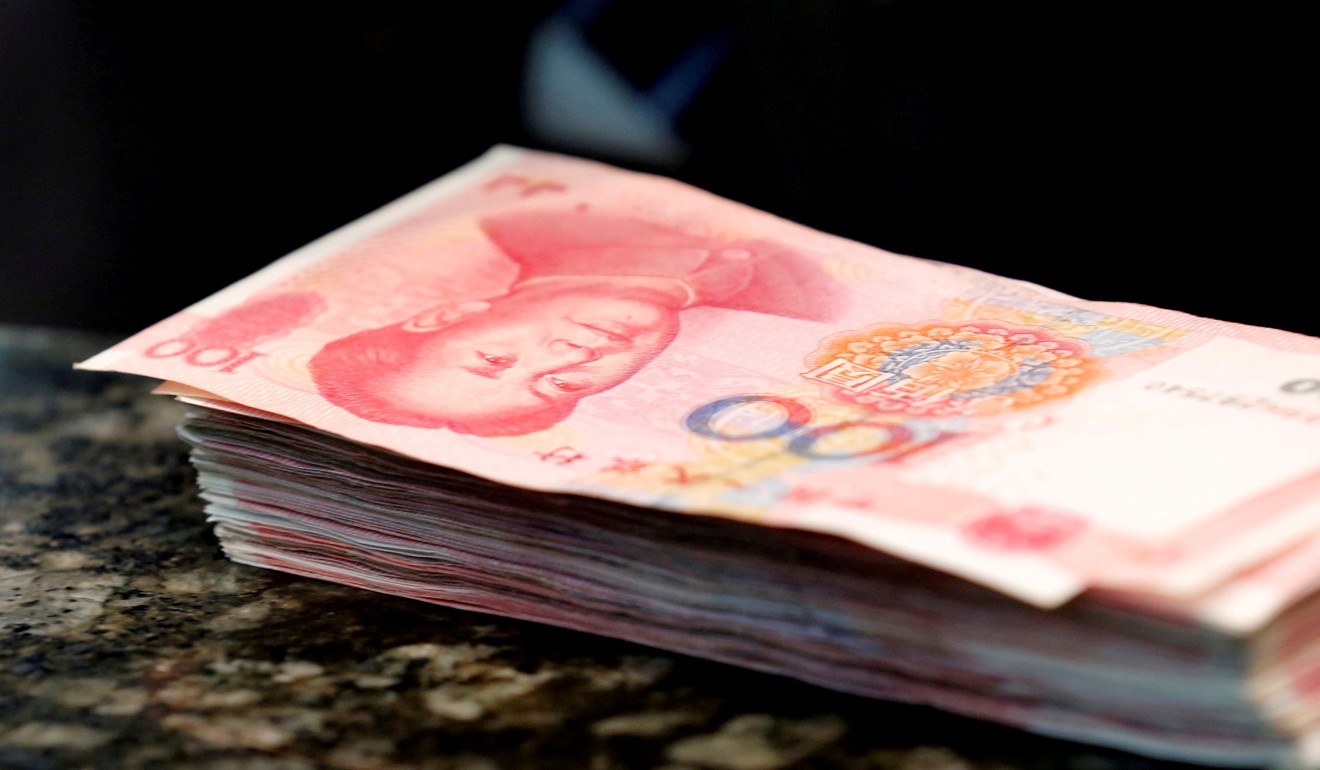
Turf wars and risk aversion: China’s pro-market central bank boss ‘leaves note’ to next generation
Institutional obstacles block the country’s path to a freer market and won’t be moved in the short term, analysts say
A plea from China’s outgoing central bank governor for a freer yuan has focused attention on the institutional obstacles stopping the country from integrating into the world’s financial market, analysts said.
In what could be one of his last major interviews in the top job, Zhou Xiaochuan, the veteran People’s Bank of China (PBOC) governor who is expected to retire soon, told Chinese magazine Caijing that China should seize the moment to let the market decide the yuan’s value and scrap capital account controls.
Zhou’s call for reform came amid speculation that China’s leadership is veering away from liberalisation towards a more nationalistic and centralised approach to managing the world’s second-biggest economy.
The interview, published days before the Communist Party meets to decide on a new leadership line-up, underscored Zhou’s long-standing liberal monetary views.
Analysts said it was also reminder to the country’s future leaders and financial technocrats of what needs to be done to make China an open economy.
Chen Zhiwu, director of the Asia Global Institute at the University of Hong Kong, said Zhou’s comments could be a reminder for those who come after him.
“The interview sounds like a farewell report and a briefing to his successor, something like ‘you need to move on with the yuan’s global push, capital account opening and free trade’,” Chen said.
“It is also advice targeted at China’s top decision makers as well as his colleagues ... those who could influence future policy.”
Still, it’s an open question whether China’s leaders will take heed that advice.
Zhao Yang, chief China economist at Nomura International in Hong Kong, said freeing up the capital account was a long-term task and leaders had other priorities now.
“Given the capital outflow pressure, the government priority will be to lure capital inflows,” Zhao said.
As a pro-market champion, Zhou can count the International Monetary Fund’s decision to give the yuan nominal international reserve currency status as one of his achievements in his 15 years as PBOC governor.

In the interview published on Monday, Zhou said risk aversion and turf wars had held back further market liberalisation in China.
He said free trade, a free exchange rate and free capital flows were an indivisible “trinity” but China’s bureaucracy had turned them into separate entities.
China should also not wait for “conditions” to be ripe to free up the exchange rate system, nor should it drag its feet for fear of mistiming other reforms, he said.
Analysts said the barriers that stopped Zhou, 69, from getting things done would persist. Those stumbling blocks included the central bank’s role as a unit within the cabinet, their sometimes conflicting policy goals, and the debate over whether the state or the market should take the upper hand.
Yukon Huang, a senior fellow at Carnegie Endowment for International Peace and a former World Bank country director for China, said reform came down to one major question.
“There is just one big issue, which is the contradiction between the roles of the state and the market,” Huang said.
“They have contradictory statements – the decisive role for the market against the leading role for the state … I doubt whether it will be resolved in the statement that comes out of the party congress.”
Zhang Ming, a senior researcher with the Chinese Academy of Social Sciences, said Beijing’s political goal of ensuring financial stability would trump any liberalisation push.
“It will be hard to push forward [liberalisation] in the short term … There are still many limits and considerations,” Zhang said.
In addition, the influence of “reformist” school in China’s policymaking is waning. Former finance minister Lou Jiwei, who shared many of Zhou’s views, stepped down a year ago.
Chen said people like Zhou and Lou were economic management professionals.
“If they are replaced by people who are too politically motivated then there will be more uncertainty for society and the economy as a whole,” he said.


